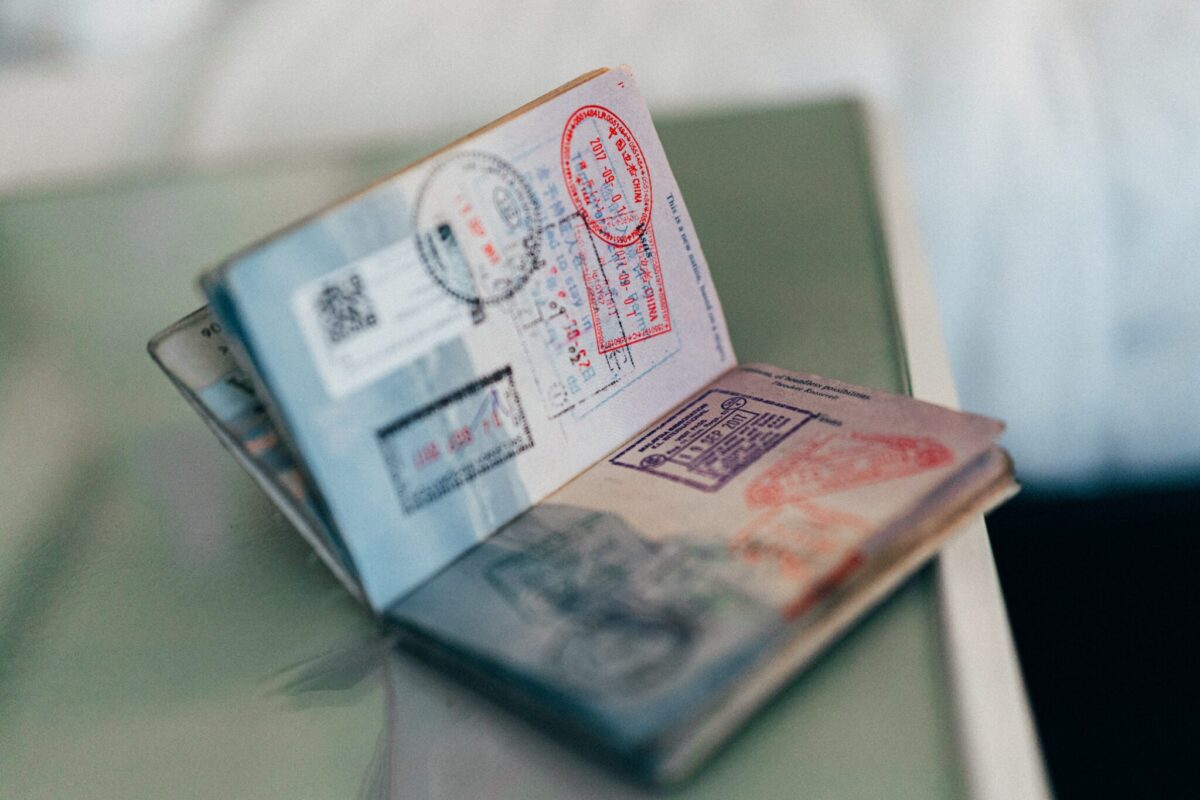Visa-Free Travel Becomes More Common

Skift Take

Skift Daily Briefing Podcast
Listen to the day’s top travel stories in under four minutes every weekday.Good morning from Skift. It’s Thursday, March 14. Here’s what you need to know about the business of travel today.
Listen Now
🎧 Subscribe
Apple Podcasts | Spotify | Overcast | Google Podcasts | Amazon Podcasts
Episode Notes
Skift on Wednesday unveiled its newest venture: Executive Search. The aim: Address the growing demand for skilled and visionary leaders within the travel sector. The people we place will define the future of travel.
Skift has helped thousands of travel industry leaders establish connections at our events throughout the years, often indirectly acting as a recruitment firm. The Executive Search unit is the next step in assisting companies looking not only to acquire talent but better understand prospective candidates.
We turn next to the growing push to ban TikTok in the U.S. Although it’s uncertain the U.S. government will enact such a measure, Global Tourism Reporter Dawit Habtemariam breaks down how a TikTok ban would impact the U.S. travel industry.
U.S. lawmakers have expressed concerns over China's government having access to personal data of American citizens, with TikTok being owned by a Chinese company. Habtemariam notes a ban on TikTok would disrupt the global travel industry as many travel brands have offices in the U.S. Travel brands would also lose the ability to advertise on TikTok, a popular platform for promoting destinations and products.
Finally, visa requirements are easing for travelers worldwide, according to a recently published report by UN Tourism, reports Associate Editor Rashaad Jorden.
UN Tourism’s Tourism Visa Openness Report revealed 47% of people globally last year needed a traditional visa. A traditional visa is a standard paper visa placed in a passport after submitting paperwork and/or conducting an in-person interview. That figure is a 12-percentage point drop from 2018. However, 84% of the world’s population still needs a traditional visa to travel to North America.
Meanwhile, the percentage of travelers able to obtain an e-visa has increased significantly in recent years. About 18% of the world’s population can apply for e-visas, up from 7% in 2018.
Producer/Presenter: Jane Alexander





